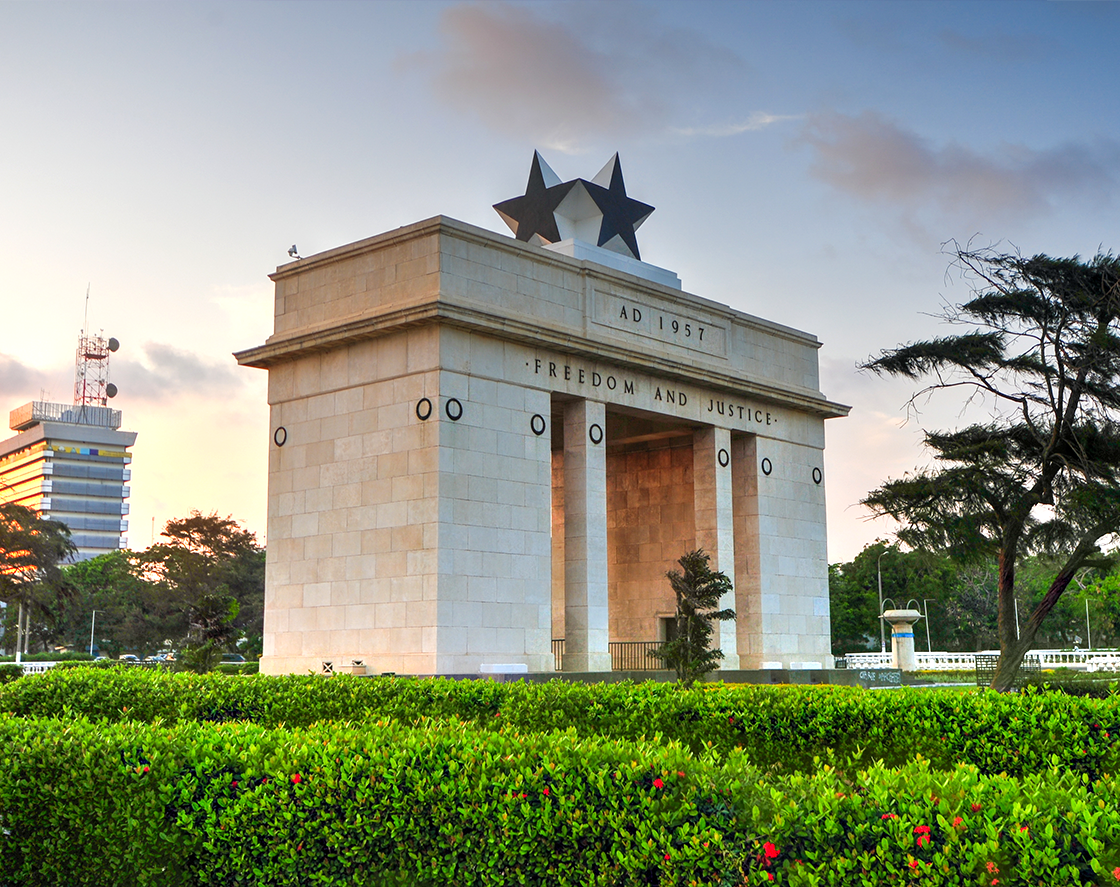
13 Aug A global fintech success story
Ghana’s financial services sector is substantial, comprising about 35 countrywide banks, 150 community banks, 350 microfinance institutions and 50 insurance companies. Even so, financial inclusion has been a concern for the government. As a result, in May the Ministry of Finance launched three new initiatives to accelerate inclusion and the digitalisation of the financial system. The National Financial Inclusion and Development Strategy aims to raise inclusion from the current 58% to 85% by 2023; the Digital Financial Services Policy will create a resilient, inclusive and innovative financial ecosystem that promotes and supports fintech; and the Cash-Lite Roadmap sets the path for an inclusive digital payments system.
With a government committed to providing the soft infrastructure the financial services industry needs, the country has made significant progress in mobile banking and digital payments in recent years. For example, Ghana’s current mobile money payments architecture – which allows funds to be moved across banks, mobile wallets and other platforms – recorded over a million transactions a month in 2019, compared to around 150,000 a month in 2016. “Ghana is already recognised as a global digital payments success story,” according to Dr. Ruth Goodwin-Groen, managing director of the United Nations-based Better Than Cash Alliance.
Now, the government is looking to the public and private sectors to work hand in hand in a responsible manner to turn its three new policy initiatives into tangible, transparent, accountable and efficient benefits for all Ghanaians. In addition to these initiatives, this year the government has also announced that it wants to expand its financial services sector by positioning Ghana as a key African financial hub through the establishment of an international financial services centre.
